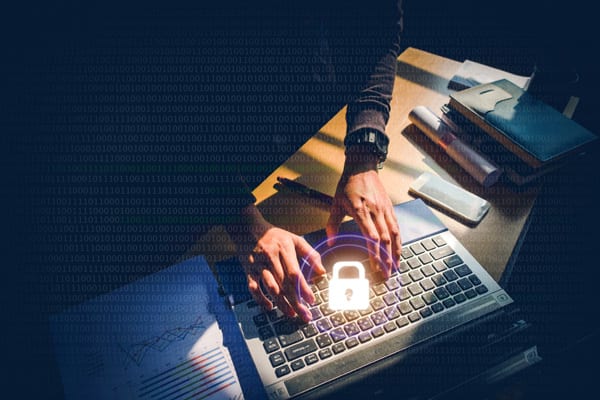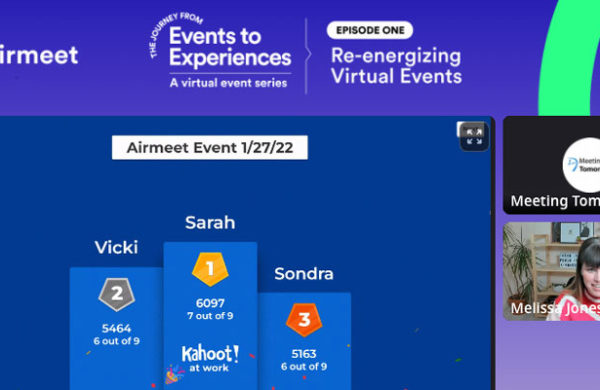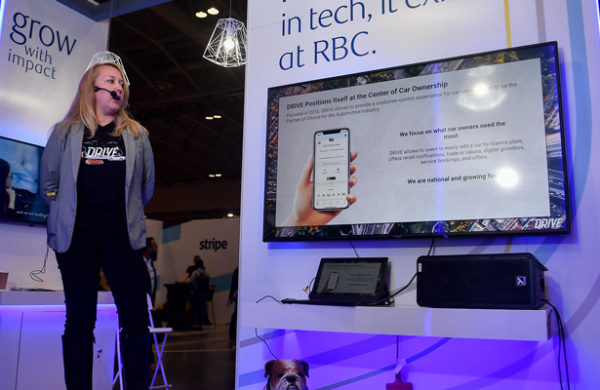
From the moment the personal computer became popular with consumers, viruses capitalized on people’s usage patterns and vulnerabilities. Even the professionals in educational or government organizations, the first people who used PCs, had problems with viruses on floppy disks and other media.
Even if the email offers a link to the page where you should enter your information, be cautious and critical: Does the email look professional? Is everything spelled, worded, and capitalized correctly?
The internet presents a host of threats in addition to viruses. Your computer and your data will be exposed to spyware, browser hijackers, phishing schemes, and even key-logging software that records your personal information or passwords.
Firewalls and antivirus programs
The Department of Homeland Security, Apple, IBM, and Microsoft are the foremost authorities defending computers from intruders. They all advise that every computer needs a firewall to detect intrusion attempts from other computers on the internet. Antivirus and antispyware software are also necessary, though you do not have to pay a fortune to get decent protection: some free programs are as effective as paid programs. Choose yours by using the Computerworld or PC Magazine ratings of free security software as a guide.
Email dangers
Email opened up new potential dangers for individuals, businesses, and even the government. Avoid opening email from unknown senders. Look carefully at links in your emails. Check the destination URL before you click. If an email claims to offer pharmaceuticals, imitation jewelry and watches, cheap vacations, or international money transfers, it is probably a scam.
Even legitimate companies with whom you choose to do business may send you offers and advertisements without your express permission or sell your email to their “partners,” often spammers who pay for email addresses and demographic details. These businesses should offer an Unsubscribe link in each of their messages. If an email is too fascinating to pass up and you can’t resist your curiosity, it will probably mean bad news for your computer and personal information.
Special attention should be paid to any email claiming that you have to type in your password or bank account number in order to proceed. No legitimate company will ask for this information to be entered in the body of an email. Even if the email offers a link to the page where you should enter your information, be cautious and critical: Does the email look professional? Is everything spelled, worded, and capitalized correctly? Does the email include a phone number or physical address? If so, call the number and ask for details. If you do not have an account with the “bank” sending you the email, it is probably not legit.
Phishing is when someone organizes a scam to steal your login or account information. Phishers have sophisticated, difficult-to-detect methods of concealing their true aims. If an email seems dubious or sets off an intuitive red flag in your mind, don’t ever enter your information.
One scam, known as the advance fee scam, advises that you can earn a great deal of money by accepting a wire transfer from overseas. This scam originated in Nigeria and is often parodied in popular culture because of its claims that a “Nigerian prince” or other royalty needs your help. If any email asks for you to pay money up front in order to receive great wealth later, it is a scam. “I am a wealthy British duchess and can’t make my enormous charitable donation without your help.” Oh really?
Wireless and business protection
Secure your wireless connection with a strong Wireless Application Protocol key. Investigate the network security at any public wireless access location before you connect your computer. Children are especially vulnerable to browser exploits while visiting sites that they don’t know. Learn about using parental controls to protect your kids.
Businesses should also review cyber security tips and best practices from the U. S. government. Make internal security policies to protect your important files and customer data. If your computer is compromised by a virus or hackers, it can be devastating and cause legal troubles. In the current political climate, it could also put our nation at risk.
Meeting Tomorrow allows organizations and businesses nationwide to rent laptops, computers, projectors and screens, PA/sound equipment, microphones and more. We seek to make audiovisual technology accessible and easy to use for everyone.


